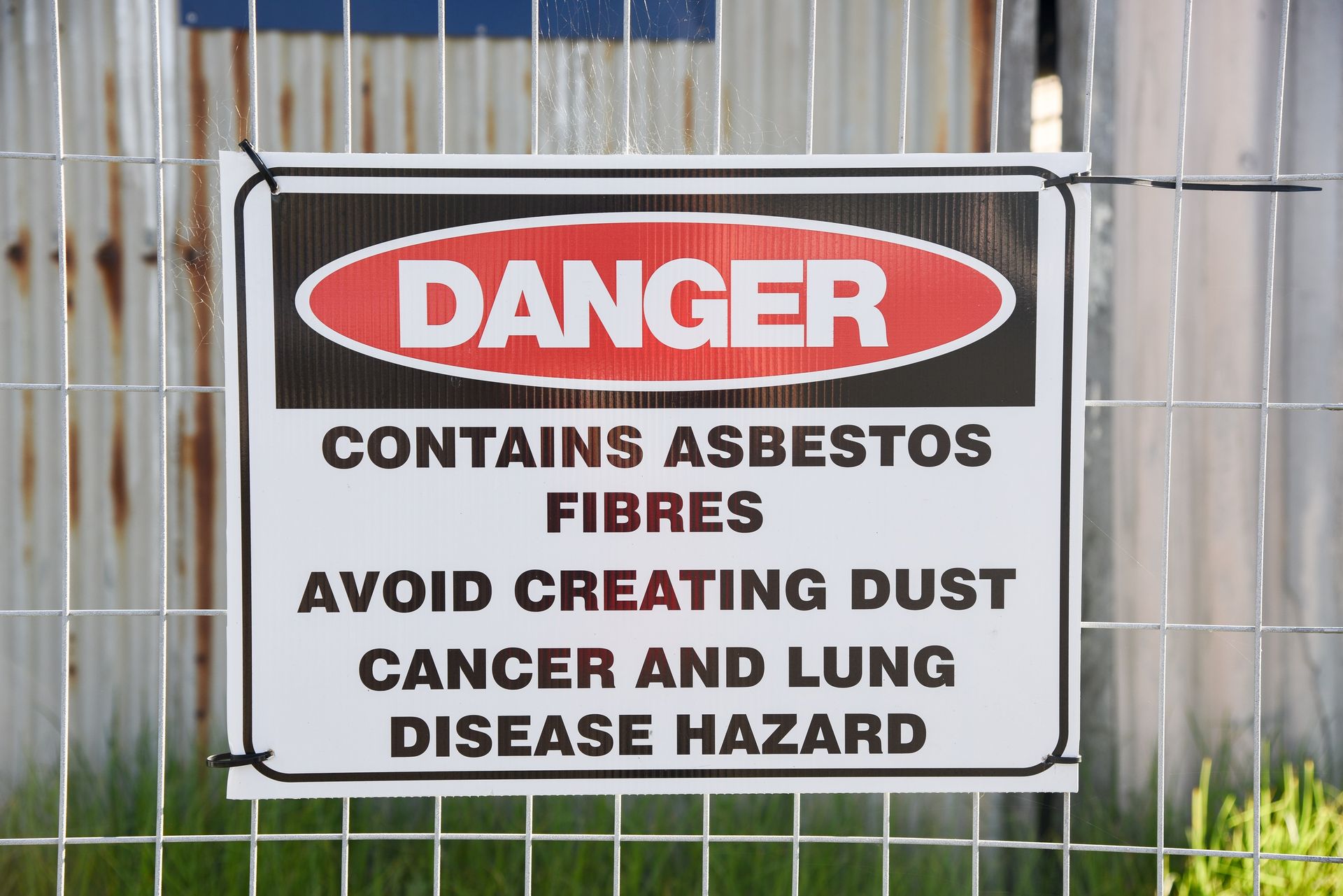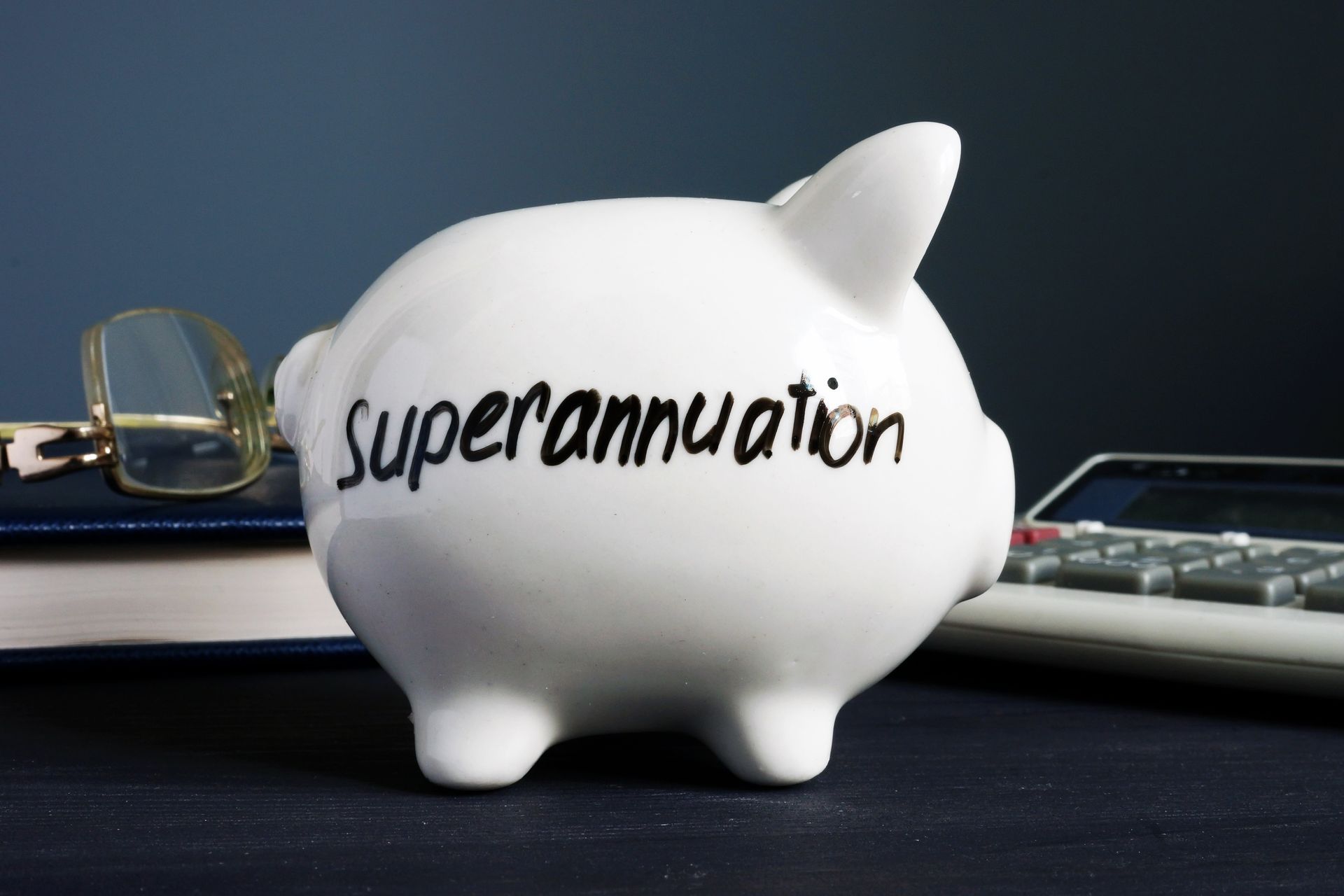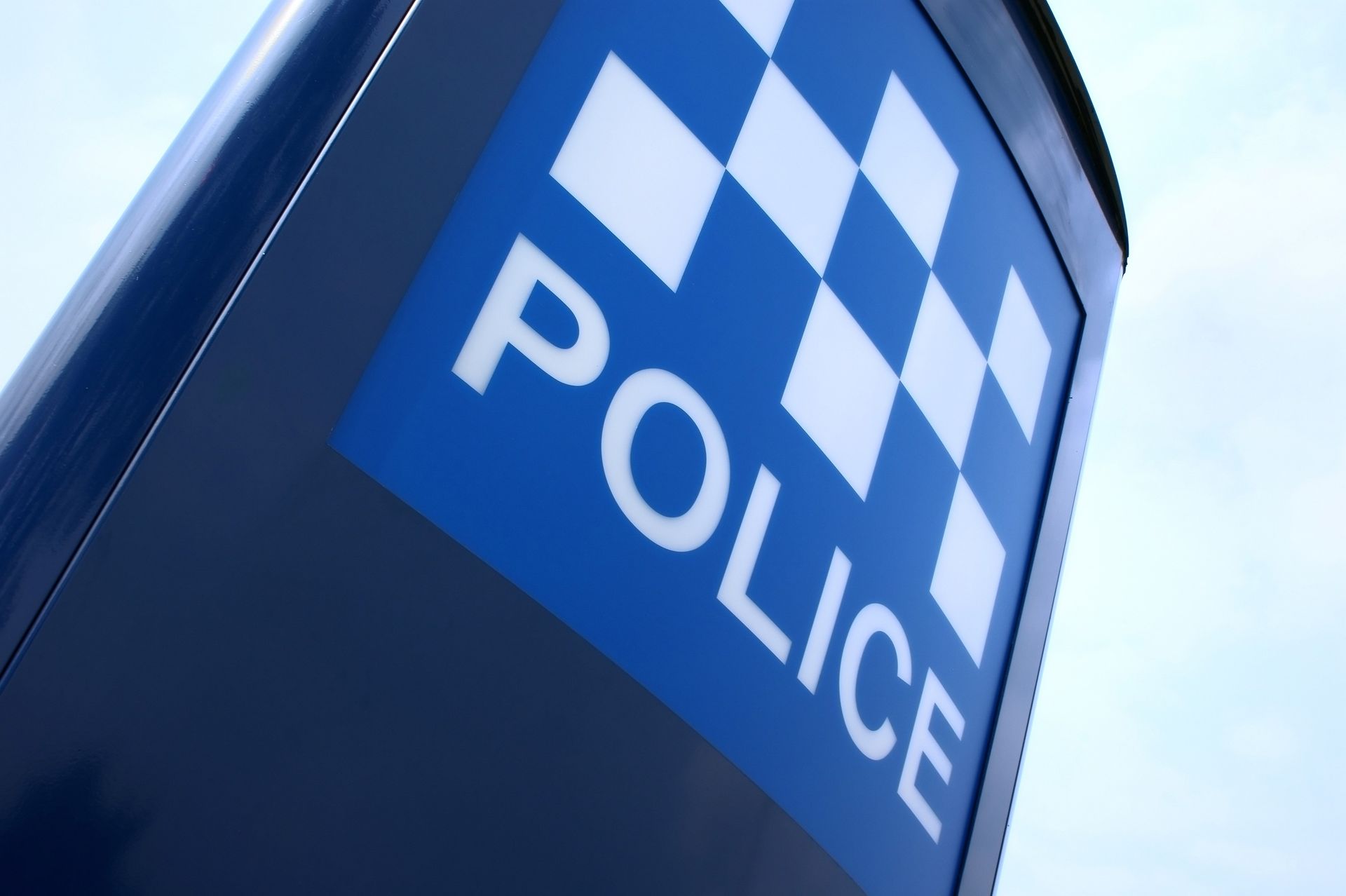Can police in New South Wales stop and search you?
Patrick Schmidt, Partner • April 8, 2025
The simple answer is yes. Police in New South Wales (NSW) have the power to stop and search you in certain circumstances.
Under the Law Enforcement (Powers and Responsibilities) Act 2002 (NSW) (LEPRA), police can stop and search you without a warrant if they have a reasonable suspicion that you:
- Are carrying stolen goods or something unlawfully obtained (s. 21 LEPRA).
- Have a prohibited drug in your possession (s. 21 LEPRA).
- Have a dangerous weapon (s. 21 LEPRA).
- Have something that could be used to commit a crime (s. 21 LEPRA).
- Are in an area where a "search powers authorisation" is in place (such as during a public event or protest, s. 87 LEPRA).
Do I have to consent to being searched?
No, you do not have to consent, but refusing a search when police have reasonable suspicion may lead to arrest. However, if police do not have a lawful reason to search you, you can legally refuse.
Can Police search you without suspicion?
Yes, in some situations:
- If you are entering or inside a place licensed to sell alcohol (s. 206 Liquor Act 2007).
- If you are subject to a court-imposed condition requiring searches.
- If you are at a public event, protest, or airport security zone where additional search powers apply.
Can Police use force?
Yes, if you resist or refuse to comply, police can use reasonable force to conduct the search (s. 230-231 LEPRA).
Do Police have to tell you why they are searching you?
Yes, police must inform you:
- Why they are searching you.
- Their name, rank, and station (s. 202 LEPRA).
What should you do if searched?
- Stay calm and polite.
- Ask police for their reason.
- Record details of the search.
- Seek legal advice if you believe your rights were violated.
At Kells, our criminal defence lawyers in Wollongong and Sydney are dedicated to protecting and enforcing our clients’ rights. Our team is guided by a former police officer and senior police prosecutor who has an unrivalled knowledge of court procedures having conducted countless hearings and bail applications bringing a level of insight that can only be obtained from years in a courtroom.

Kells has been delivering outstanding services and legal expertise to commercial and personal clients in Sydney and the Illawarra region for more than five decades. Our lawyers are savvy and understand your needs.
Subscribe
Want to get the latest articles and news delivered to your inbox?
Request a Callback
Need help with a legal matter? Send us your details and one of our team members will be in touch.
Quicklinks
Expertise
Read Our Latest Insights
Our Locations
© 2022 Kells Your Lawyers | ABN: 88 235 192 916
Liability limited by a scheme approved under Professional Standards Legislation




